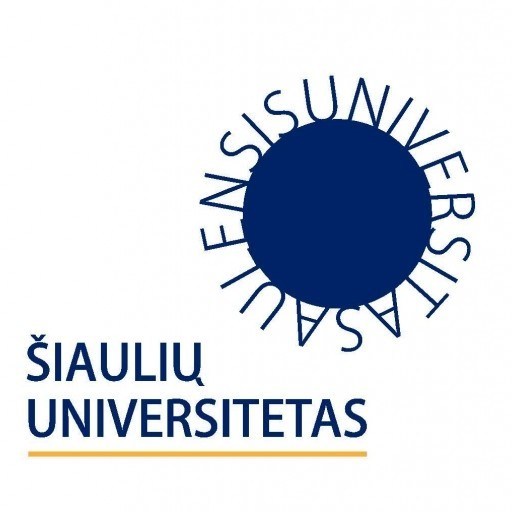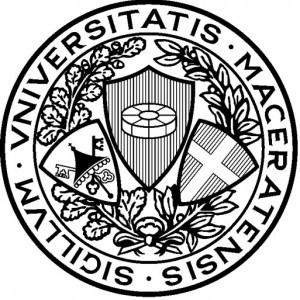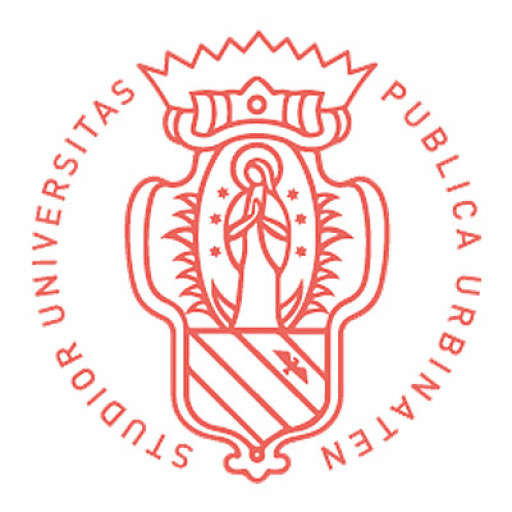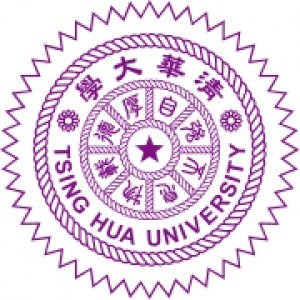Photos of university
The Master of Teaching English to Speakers of Other Languages (TESOL) at the University of New England is a comprehensive postgraduate program designed to equip aspiring educators with the specialized knowledge and practical skills required to teach English effectively to speakers of other languages. This degree combines theoretical understanding with hands-on teaching experience, preparing graduates to work in diverse educational settings both within Australia and internationally. Through a carefully structured curriculum, students explore key areas such as second language acquisition theories, language teaching methodologies, curriculum development, assessment strategies, and learners’ cultural contexts. The program emphasizes applied learning, allowing students to develop innovative teaching techniques that cater to a wide range of learners’ needs, including adult and school-aged students in various environments. Participants have opportunities to engage in supervised teaching practicum placements that provide real-world experience, enabling them to implement their classroom strategies under the guidance of experienced educators. The course also addresses contemporary issues in language education, such as digital literacy, inclusive practices, and multilingualism, preparing graduates to adapt to the rapidly evolving landscape of language teaching. The program is suitable for those seeking to enhance their qualifications for careers in language institutes, schools, government agencies, or international development projects. With a flexible study mode, including options for part-time study, students can balance their professional and personal commitments while advancing their expertise. The University of New England’s TESOL master's program is committed to fostering a global perspective on language education, encouraging students to consider cultural sensitivities and pedagogical innovations. Graduates of this program are well-prepared to make meaningful contributions to language learning environments, promote intercultural understanding, and support learners in achieving their language proficiency goals.
Course Aims
To equip students with the knowledge and skills that will enable them to work in a multilingual environment as skilled teachers and managers of English language programs for speakers of other languages.
Learning Outcomes
Upon completion of this course, students will be able to:
* Describe how the TESOL field is located theoretically and practically within applied linguistics and educational linguistics, and outline the formative influences on the development and practice of the profession;
* Develop high level skills in reading and critically interpreting research literature in the TESOL and applied linguistics field;
* Critically apply theoretical and pedagogical knowledge to address the English language learning needs of students in a wide variety of social and linguistic contexts;
* Develop advanced skills in academic literacy including the ability to research and present a coherent and convincing argument based on current research and
* Develop critical perspectives on the relationship between the TESOL field and the language ecology of bi- and multilingual societies.
Graduate Attributes
Knowledge of a Discipline
Graduates will be able to analyse complex problems and issues in TESOL, using methodology and discourse appropriate to the discipline.
Communication Skills
Graduates will be able to communicate effectively in English in the substantive areas of TESOL and applied linguistics. In particular they will hone their online communication skills (off-campus students), their oral skills through discussion and presentations (on-campus students) and their written skills through assessment tasks such as essays (all students).
Global Perspectives
Graduates will be encouraged to develop a global perspective and intercultural competence in their professional lives. TESOL is by its nature oriented globally, because of its primary concern with teaching English to learners of diverse backgrounds. One of the core units in the degree is specifically concerned with intercultural communication, and another with multilingual approaches to TESOL.
Information Literacy
All units are available fully online, and even on-campus students are encouraged to access online resources and discussions.
Life-Long Learning
Graduates will be prepared for life-long learning through being exposed to a wide range of issues in human languages and societies.
Problem Solving
Graduates will develop high-level capabilities in solving problems relating to English language learning and teaching, and in applying logical, critical and creative thinking to a range of theoretical and classroom issues.
Social Responsibility
The nature of study in TESOL prepares graduates to be committed to ethical action and social responsibility.
Team Work
Graduates will have the opportunity to work collaboratively to collectively solve problems in some MTESOL units. Students in all units will be engaged in collective discussions geared towards group learning.
Program requirements:
Applicants must possess a recognised undergraduate degree or an equivalent qualification from an accredited institution. Prior coursework or experience in English language, linguistics, or education is preferred but not mandatory. All applicants are required to submit their academic transcripts demonstrating their prior study achievements. Proficiency in English language is essential; therefore, applicants need to provide evidence of English language proficiency through standardized tests such as IELTS, TOEFL, or equivalent, unless they are native speakers. For international students, a minimum IELTS overall score of 6.5 or TOEFL iBT score of 90 is generally expected, though specific requirements may vary. Besides academic credentials, applicants are required to submit a personal statement outlining their interest in teaching English to speakers of other languages, including relevant experience and career goals. References or letters of recommendation from previous academic instructors or professional supervisors are also typically required to assess the applicant's suitability for the program. Additionally, applicants must complete the university's application form and pay the applicable application fee. International students might need to provide a certified copy of their passport identification page and proof of visa eligibility. Once admitted, students may be required to participate in orientation sessions, which cover university policies, academic expectations, and support services available to students. The program aims to develop both theoretical knowledge and practical teaching skills, so students should be prepared to engage in coursework, teaching practicums, and related assessments as part of their degree requirements.
The Financing of the Teaching English to Speakers of Other Languages (TESOL) program at the University of New England is designed to provide a comprehensive approach to funding and support for prospective students. Students can explore various options including government loans, scholarships, and payment plans. The university offers a range of scholarships based on academic merit, financial need, and specific criteria such as leadership or community service. These scholarships may cover partial or full tuition fees, reducing the financial burden on students. Additionally, UNE participates in federal and state student aid programs that provide low-interest loans to eligible students, enabling them to finance their studies over time.
International students seeking to enroll in the TESOL program have access to specific scholarships aimed at supporting diversity and international collaboration. In terms of payment options, the university offers flexible payment plans that allow students to spread tuition payments across multiple installments throughout the semester or academic year. This flexibility helps students manage their finances more effectively and avoid large upfront payments.
The university also encourages students to seek external funding sources, including private scholarships and grants from government agencies, educational foundations, and professional associations related to language education. The university’s financial aid office provides detailed guidance to students on application procedures and eligibility criteria for these external funding opportunities.
Furthermore, UNE’s financial support services include advising on budget planning and financial literacy programs, helping students understand their financial commitments and manage their funds effectively during their studies. For domestic students, the university ensures transparent fee structures and detailed information about costs associated with the TESOL program. For international students, additional costs such as health insurance and visa-related expenses are also clearly outlined, and guidance is offered on how to budget for these expenses. Overall, the university strives to make TESOL education accessible through a combination of internal scholarships, federal and state aid, flexible payment options, and guidance on external funding sources, ensuring students can focus on their academic and professional development without undue financial strain.
The Bachelor of Education (Primary) with a specialization in Teaching English to Speakers of Other Languages at the University of New England is designed to prepare students for a career in teaching English as an additional language within primary education settings. This program equips future teachers with a comprehensive understanding of language acquisition, linguistics, and pedagogy tailored specifically for learners whose first language is not English. Throughout the course, students engage with a broad curriculum that covers language development, multicultural education, assessment strategies, and the integration of technology in language teaching. The program emphasizes practical experience, offering placements in diverse educational environments where students can develop their teaching skills under supervision. Graduates of the program are well-prepared to address the unique needs of ESL learners and to promote inclusive education practices. The program also includes theoretical foundations in education, child development, and classroom management, ensuring that graduates are versatile educators capable of fostering positive learning environments. The university's focus on research-informed teaching, combined with opportunities for hands-on experience, aims to produce graduates who are confident and competent in delivering quality English language instruction. Additionally, the program's structure allows students to undertake relevant coursework in linguistics, intercultural communication, and educational technology, enhancing their adaptability to various teaching contexts. Upon completion, graduates are eligible for certification and employment across a range of educational institutions where English language instruction is needed. The program aligns with current educational standards and pedagogical approaches, ensuring that graduates are prepared to meet the demands of a diverse and changing educational landscape. The University of New England provides a supportive learning environment with access to experienced faculty, modern facilities, and opportunities for ongoing professional development, making it an ideal place for aspiring ESL teachers to gain the necessary skills and knowledge.










